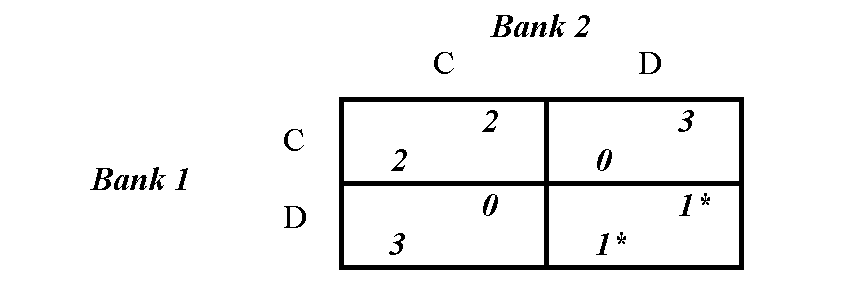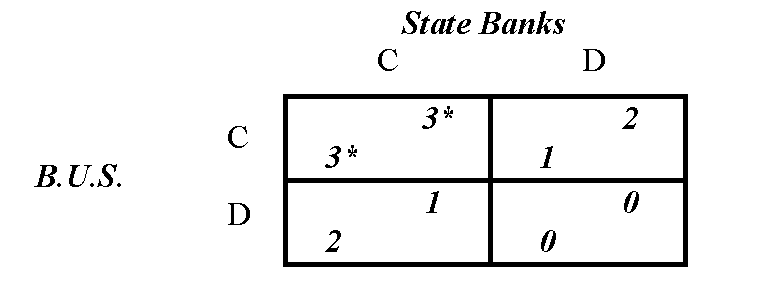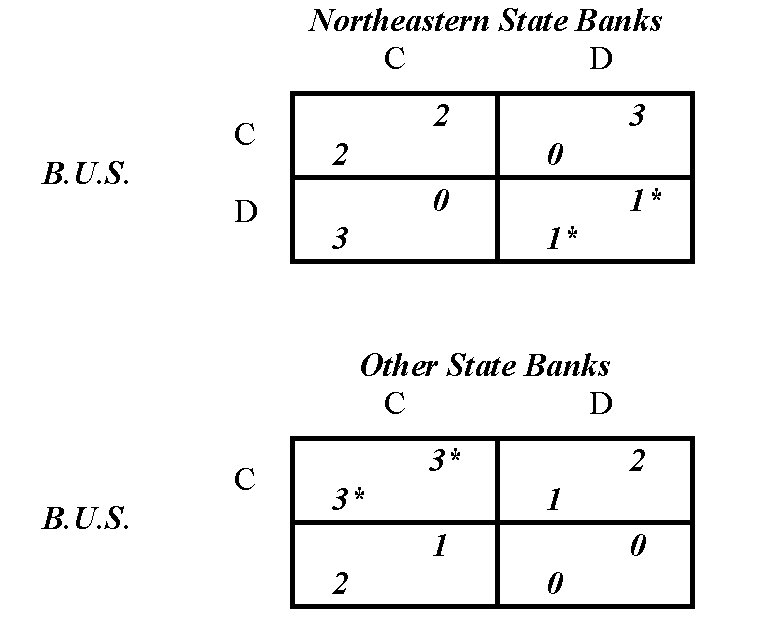As Pat Kossan reports in the Arizona Republic, the state of Arizona has averted a threatened civil-rights lawsuit from Washington by agreeing to stop monitoring teachers’ English fluency and pronunciation in the classroom. “In November, federal officials told Arizona that its fluency monitoring may violate the Civil Rights Act of 1964 by discriminating against teachers who are Hispanic and others who are not native English speakers.”
Does this strike you as perhaps a bit crazy? If so, it’s craziness with quite a pedigree. It was way back in the first Bush administration that the Equal Employment Opportunity Commission (EEOC) began filing lawsuits against employers for “discriminating” against employees with difficult-to-understand or heavily accented speech, the theory being that this served as an improper proxy for discrimination based on national origin. The scope for allowable exceptions was exceedingly narrow, too narrow to cover most teaching positions, as I wrote quite a while back when the issue had just come over the horizon in a Massachusetts case. Indeed, the National Education Association (I pointed out) had been prevailed on to pass a resolution “decrying disparate treatment on the basis of ‘pronunciation’ — quite a switch from the old days when teachers used to be demons for correctness on that topic.”
Don’t assume you can escape by choosing one of your local private schools. Their employment of teachers falls under the EEOC’s jurisdiction too.




